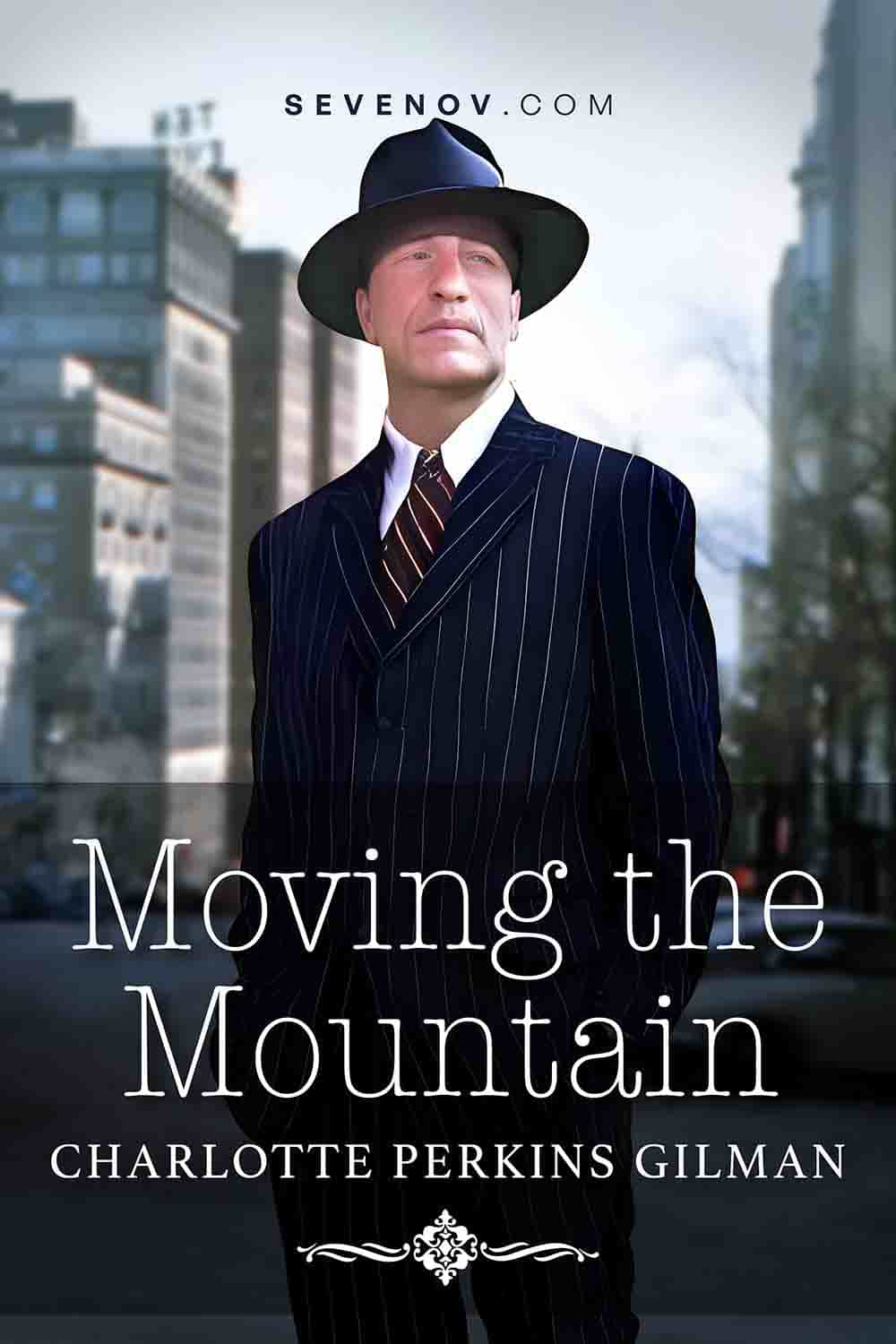
Moving the Mountain by Charlotte Perkins Gilman
Author: Charlotte Perkins Gilman | Published: 1911
Moving the Mountain Synopsis
Moving the Mountain by Charlotte Perkins Gilman, published in 1911, is a utopian novel set in a future society transformed by social and political reforms. The story follows the protagonist, John Robertson, as he navigates a world that has abolished war, poverty, and gender inequality. Through his experiences, the novel explores themes of feminism, equality, and the power of collective action to reshape society. As John becomes an advocate for change, he encounters challenges and triumphs that shed light on the complexities of societal transformation. Moving the Mountain offers a thought-provoking vision of a world reshaped by progressive ideals and the potential for a more just and equitable future.
Excerpt from Moving the Mountain Online Book
On a gray, cold, soggy Tibetan plateau stood glaring at one another two white people—a man and a woman.
With the first, a group of peasants; with the second, the guides and carriers of a well-equipped exploring party.
The man wore the dress of a peasant, but around him was a leather belt—old, worn, battered—but a recognizable belt of no Asiatic pattern, and showing a heavy buckle made in twisted initials.
The woman's eye had caught the sunlight on this buckle before she saw that the heavily bearded face under the hood was white. She pressed forward to look at it.
"Where did you get that belt?" she cried, turning for the interpreter to urge her question.
About Charlotte Perkins Gilman
Charlotte Perkins Gilman (1860-1935) was a prolific American writer and feminist thinker who used her writing to advocate for social reform. She is best known for her short story “The Yellow Wallpaper”, which addresses the oppression of women in a patriarchal society. A lifelong advocate for gender equality, she published works that argued for equal rights and better opportunities for women in education, work, and public life.
Gilman wrote extensively on topics ranging from economics to sociology to cultural criticism. Her most influential works were Women and Economics: A Study of the Economic Relation Between Men and Women as a Factor in Social Evolution (1898) and The Man-Made World; or Our Androcentric Culture (1911). In these books she argued that economic independence was essential to achieving true freedom and empowerment for women. Find out more about Charlotte Perkins Gilman at sevenov.com.

